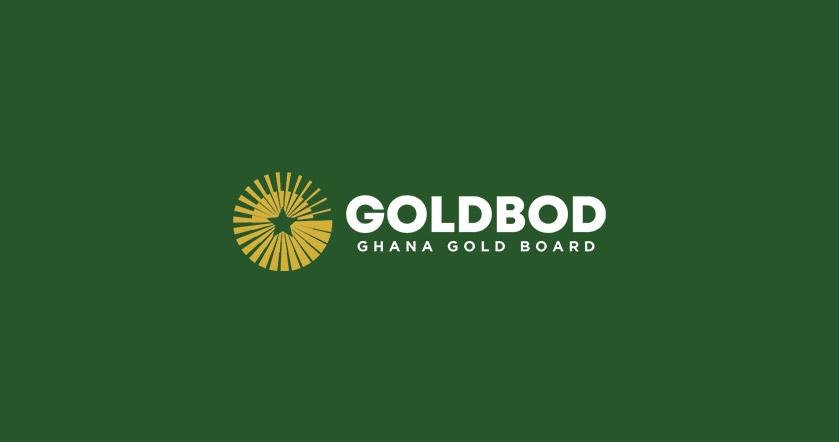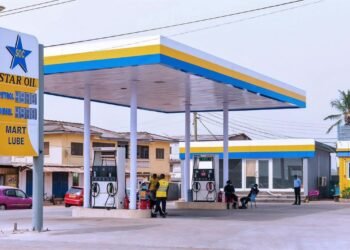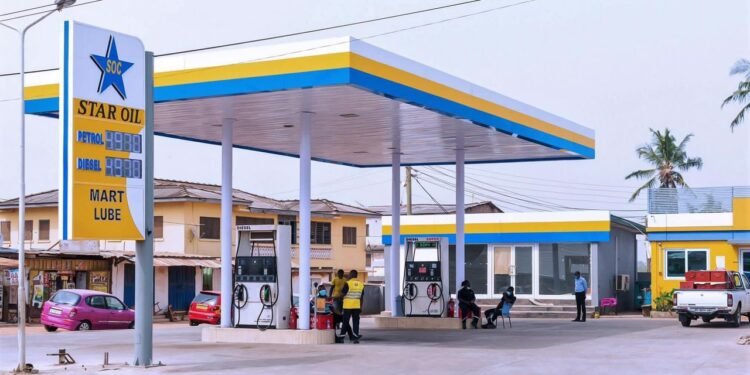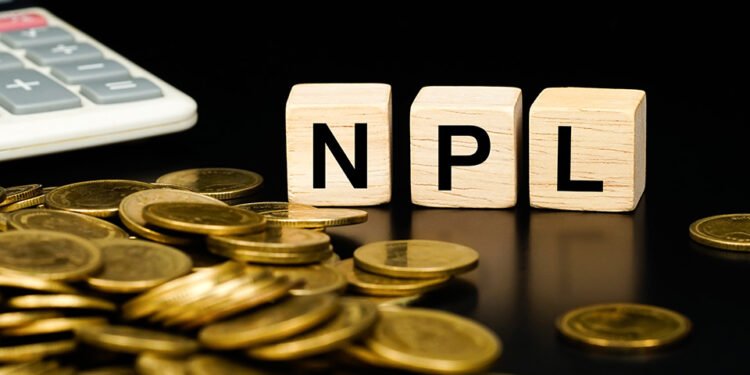The Ghana Gold Board (GoldBod) in its historic move to transform Ghana’s Artisanal and Small-scale Mining (ASM) sector, has undertaken bold strides to formalize the industry and boost the country’s overall gold production.
The institutionalization of GoldBod backed by the legislative instrument (LI) has paved the way for a more structured, productive, and sustainable mining ecosystem that aligns with the country’s national development goals.
For years, Ghana’s Artisanal and Small-scale Mining ( ASM) sector, which employs over one million Ghanaians and supports nearly five million livelihoods indirectly, operated largely outside formal structures.
This informality fostered smuggling, environmental degradation, and the loss of millions of dollars in state revenue each month. With the establishment of GoldBod, the government has taken decisive action to reverse this trend.
“GoldBod has now become the sole legal aggregator, assayer, and exporter of all gold produced by licensed ASM operators, ensuring traceability from mine to market.”
Ghana Gold Board
This centralized system has drastically reduced smuggling and improved the traceability of gold production, a historic step toward transparency and accountability in the country’s gold value chain.
Increased Production

The results of GoldBod’s reforms have been impressive. According to the Board, it has within the first four months of 2025 alone, purchased and exported 41.5 tonnes of ASM gold, valued at approximately US $4 billion.
According to official data, Ghana’s total gold production reached 4.8 million ounces in 2024, up from 4.0 million ounces in 2023, with ASM accounting for 1.9 million ounces, a 70 percent increase from the previous year.
“The ASM sector now contributes an estimated 39 percent of national gold output, compared to 28 percent in 2023.”
Ghana Gold Board
These gains have been achieved through improved compliance, fairer market pricing, and greater access to formal markets, as GoldBod’s transparent pricing regime ensures that ASM producers can now receive up to 98 percent of the world market price for their gold.
GoldBod’s Impact

Established in April 2025 under the Ghana Gold Board Act, 2025 (Act 1140), the GoldBod was charged with the primary objective of transforming the country’s artisanal and small-scale mining sector.
Prior to its establishment, the ASM sector operated largely outside formal structures, leading to issues such as smuggling, environmental degradation, and the loss of significant state revenue.
GoldBod has Since its inception, played a pivotal role in formalizing the ASM value chain, becoming the sole exporter of all gold produced by licensed ASM operators.
This centralised system according to data, has dramatically curtailed smuggling and improved the traceability of gold production, a crucial step in ensuring transparency and accountability within the industry.
Economy and Gold Reserves

Beyond the increase in production, GoldBod’s impact extends to Ghana’s broader macroeconomic stability.
According to the Board, its domestic gold purchasing and export framework has helped boost the Bank of Ghana’s official gold reserves to 37.06 tonnes as of September 2025, representing a 21.3 percent increase within the year.
This growth supports the Bank’s Gold-for-Reserves and Gold-for-Oil programmes, strengthening the cedi and improving Ghana’s foreign exchange position.
Additionally, the inflow of legitimate gold exports through GoldBod has “increased he inflow of legitimate gold exports through GoldBod has also increased fiscal revenues and curbed the systemic losses previously caused by smuggling.”
Responsible and Sustainable ASM
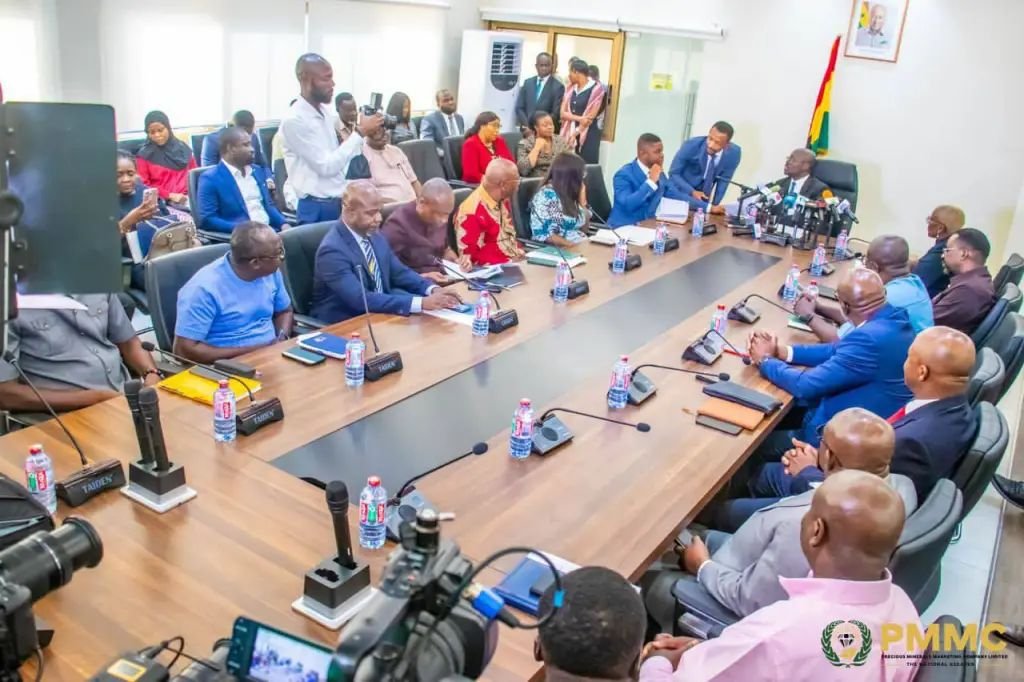
GoldBod’s reforms extend beyond regulation and trade, as the Board is also investing in the long-term sustainability of the ASM sector.
Through its US $1 billion Mining Support Programme (MSP), GoldBod is financing environmentally responsible ASM operations, geological surveys, and the introduction of cleaner mining technology.
Many stakeholders including the ASM particularly welcomes GoldBod’s emphasis on training and capacity building for miners, aimed at improving recovery efficiency, environmental management, and occupational safety.
“These measures align with Ghana’s commitment to the Minamata Convention on Mercury and its broader national agenda for sustainable mining and environmental restoration.”
Ghana Gold Board
The Ghana Gold Board’s early achievements mark a turning point in the history of Ghana’s artisanal and small-scale mining sector.
Through its centralized systems, transparent pricing, formalization of actors, and macroeconomic contributions, GoldBod has laid a strong foundation for a responsible, high-value, and globally competitive gold industry.
The stakeholders within the gold industry commends the Government and the leadership of GoldBod for this visionary reform and calls for sustained collaboration across all stakeholders to deepen the progress achieved so far.
READ ALSO : Finance Ministry Consults Ahead of 2026 Budget Reading



